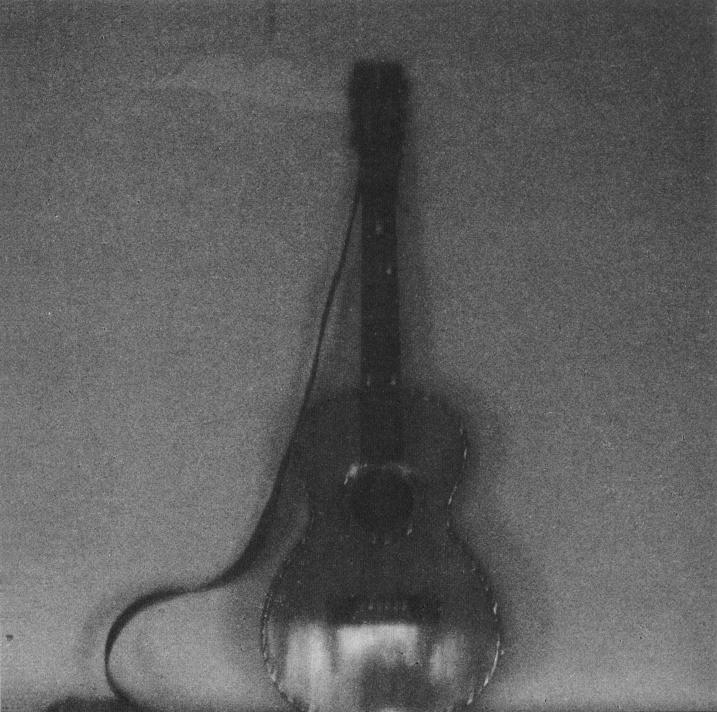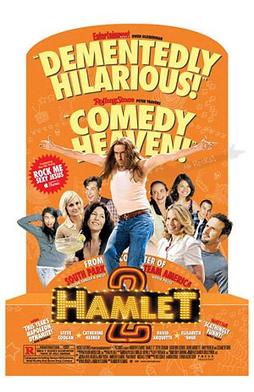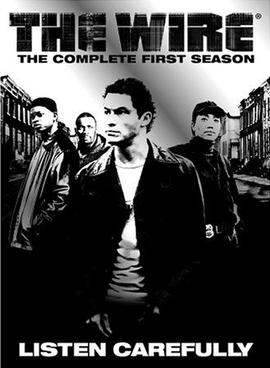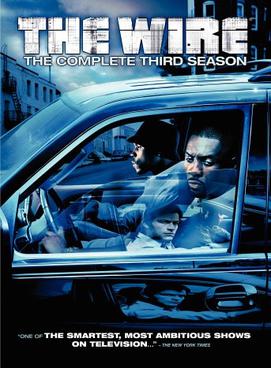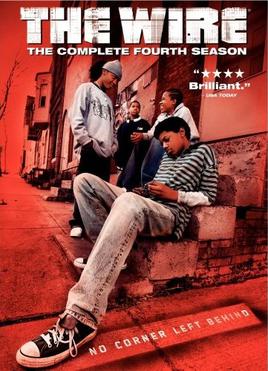I recently watched David Lynch's Lost Highway. I remember seeing it shortly after it came out, which means it would have been some time in the late 90s. I also remember being thoroughly confused by it, but still liking it. I didn't really trust my previous opinion of it, and for good reason. I was probably 15 or something when I saw it the first time, which means my opinion is worthless for a few reasons. First, no wonder I didn't understand any of it, I was 15. Second, the soundtrack features a lot of Nine Inch Nails, Marilyn Manson, and Rammstein, so 15-year-old me thought that was pretty sweet. Finally, the movie features plenty of nudity, and no one should ever trust a 15 year old boy's opinion of anything that involves nudity. So, anyways, here we go, Lost Highway Round 2:
Lost Highway starts out following avant garde jazz saxophonist Fred Madison (Bill Pullman) and his wife Renee (Patricia Arquette). Fred suspects Renee of cheating, and is especially wary of her friendship with a man named Andy (Michael Massee). Their marital issues are put on hold, though, when Fred and Renee begin receiving video tapes in the mail. The tapes initially show the outside of their home, but soon begin showing the interior and even Fred and Renee asleep in their bed. Fred and Renee's storyline continues to progress (I won't say much more for the sake of spoilers), up until Fred is literally replaced by Pete (Balthazar Getty). Fred goes to bed one night, and the next morning Fred is gone and Pete is in his bed. Pete is a young mechanic who gets the majority of his work from Mr. Eddy (Robert Loggia), a violent and ruthless (albeit pretty charming) mob boss. Mr. Eddy introduces Pete to his girlfriend, Alice (Patricia Arquette, yet again), and soon Pete falls in love with, and starts a torrid affair with, Alice. As the situation between Pete, Alice, and Mr. Eddy spirals out of control, Pete's mind begins to slip away. All of this, both Fred and Pete's stories, are overseen by a threatening and mysterious diminutive Mystery Man (Robert Blake).
Lost Highway revels in film noir conventions. The mobsters, the femme fatales, seedy motels, double-crossing, and infidelity. The film also has a decidedly nourish style, steeped in darkness, the sets are draped in deep reds, stark whites, and urine-stain yellows. (Though, apparently, the Region 1 DVD release looks different than other versions) The film is certainly a David Lynch film, exploring concepts of identity and reality, presented in an ambiguous, fever dream style. Lost Highway seems to be Lynch's homage to the more exploitative side to film history, recalling classic noir and drive-in fair like Siodmak's The Killers, only seen through the distorted and nightmarish lens of classic Lynch.
While it doesn't reach the heights of Lynch's upper pantheon (e.g. The Elephant Man, Blue Velvet, Twin Peaks), Lost Highway most certainly has its merits. It's an exceedingly dark and terrifying movie. It is certainly confusing and even frustrating, but worth the effort, especially if you're a fan of David Lynch (or neo-noir or psychological horror, for that matter). Plus it has one of the more ridiculous casts I've seen in a while. The following actors are all in the movie in roles of varying size: Bill Pullman, Patricia Arquette, Robert Blake, Robert Loggia, Richard Pryor, Gary Busey, Henry Rollins, Giovanni Ribsi, Marilyn Manson, Twiggy Ramirez, and Balthazar Getty (who, for whatever reason, I feel like I should know, but admittedly don't).
I do want to talk a bit about the confusing nature of the movie, but that requires discussing things that are definitely spoilers. So if you haven't seen it, and want to see it, stop reading here. Part of what makes the movie so exciting is not really having any idea where it's going.
*** SPOILERS ***
So, I'll admit up front, I had no fucking clue what was going on when this movie ended. I was trying to piece together how Fred and Pete's stories were connected. There were obvious connections (e.g. the Mystery Man, Renee/Alice, Mr. Eddy/Dick Laurent, Andy, etc.), but I still couldn't seem to make the two worlds fit. Not even a little. I wasn't expecting the pieces to all line up perfectly, but I was seriously at a loss.
I did a little internetting, and pretty quickly came across what seems to be the prevailing interpretation. One that, in hindsight, made me feel extremely stupid for not figuring out on my own. Here goes: the entire Pete storyline was a fantasy/delusion/dream of Fred's. The second half of the movie was essentially an "An Occurrence at Owl Creek Bridge" story (which, by the way, you can read in its entirety here), meaning Fred was condemned to die and experienced a sort of dream-like hallucination or psychotic break. A fantastical escape from his inescapable fate.
Here is basically how I see the movie's story breaking down. Fred suspects his wife of cheating on him, kills her, and is sentenced to death. He experiences his escape from reality in the form of "becoming" Pete. Pete goes along with his normal existence (which apparently is comprised of going to dances at bowling alleys, having sex with his unbelievably good-looking girlfriend Sheila, and working at the garage). Pretty soon, Fred's reality comes creeping in to Pete's world. Alice, the ersatz Renee, enters the picture, and Pete begins reliving Fred's life. Soon the Pete fantasy has become so overlapped with Fred's real life, that Fred re-enters the picture, re-replacing Pete, and proceeds to finish out his own story (i.e. killing Renee and her lover Dick Laurent, aka Mr. Eddy). After informing himself of Dick Laurent's death (i.e. the first scene of the movie, as seen from the other side of the intercom), Fred leads the police on a high speed chase through the desert while being electrocuted in the "real" world (hence the strobe lights and all that jazz).
Now, this obviously doesn't explain everything. Is Pete a real person? If so, how did he and Fred switch places? If not, what was all the talk about what happened "that night" to Pete? Who is the Mystery Man? Why was he sending Fred and Renee the video tapes? How could Fred tell himself that Dick Laurent is dead?
There a number of answers to those questions (e.g. the Mystery Man is something akin to Fred's conscience, and was sending him the tapes to remind him of what really happened as opposed to simply what Fred chooses to remember), and plenty of other questions one could ask. I'm not looking for definitive answers, especially given that this is David Lynch we're talking about. No matter how you look at it, this movie is not going to wrap up into a neat package. There will always be loose ends, and that's definitely not a criticism. He doesn't give you everything, and many times, I'm not sure there's an "everything" to get. But that's just part of what makes Lynch Lynch. It's part of what elevates him from simply a filmmaker or storyteller to an artist.
Plus, any movie with a scene as terrifying as Fred's confrontation with the Mystery Man is worth seeing. "Alice who? Her name is Renee. If she told you her name was Alice, she's lying. And your name? What the fuck is your name!"
[Update: The discussion of interpretations of the movie has continued in the comments. It is filled with spoilers, but my opinion has progressed past the "Owl Creek" interpretation.]



